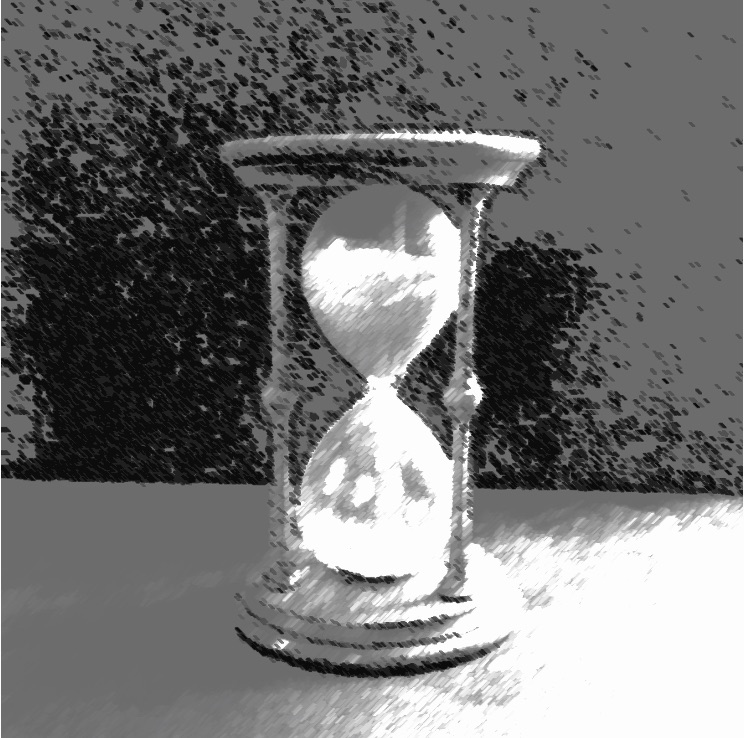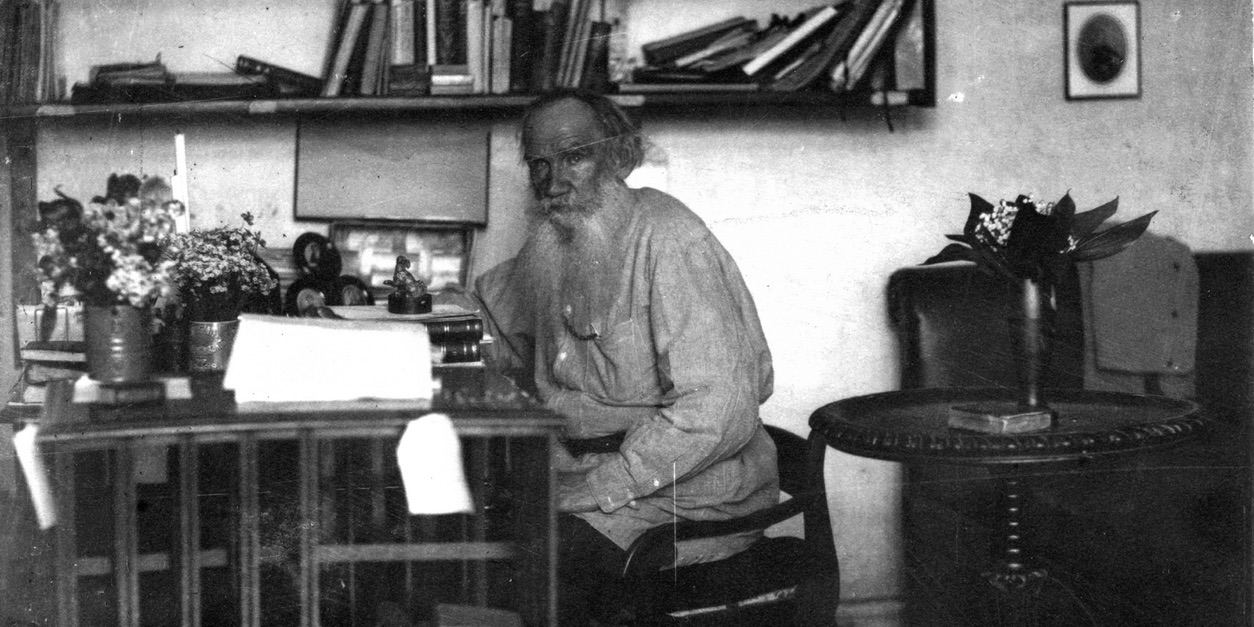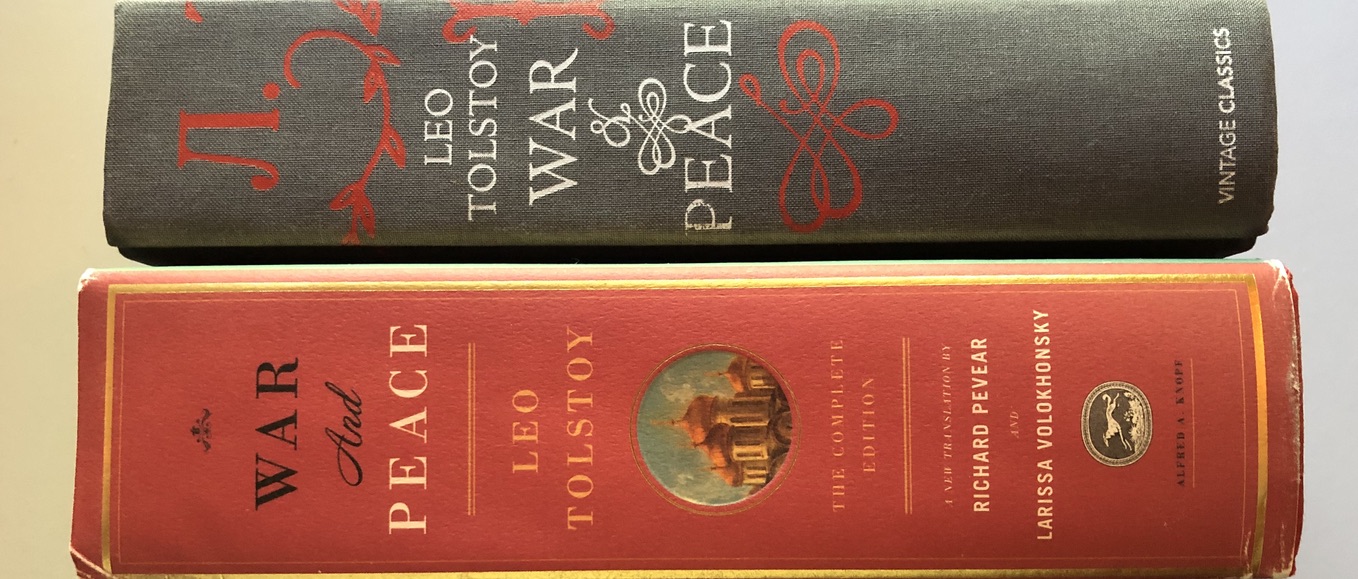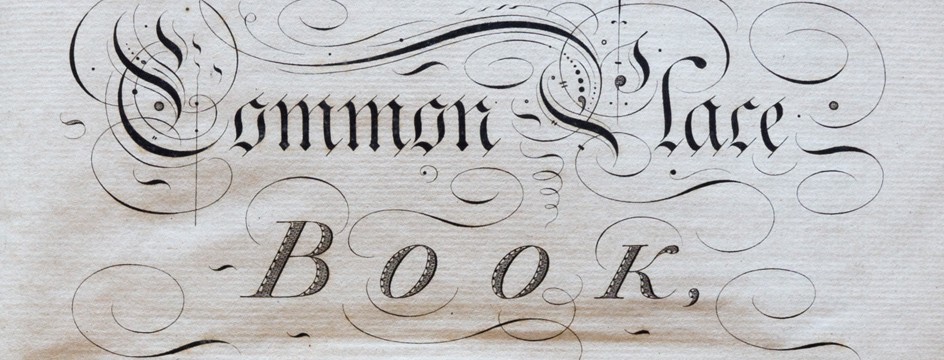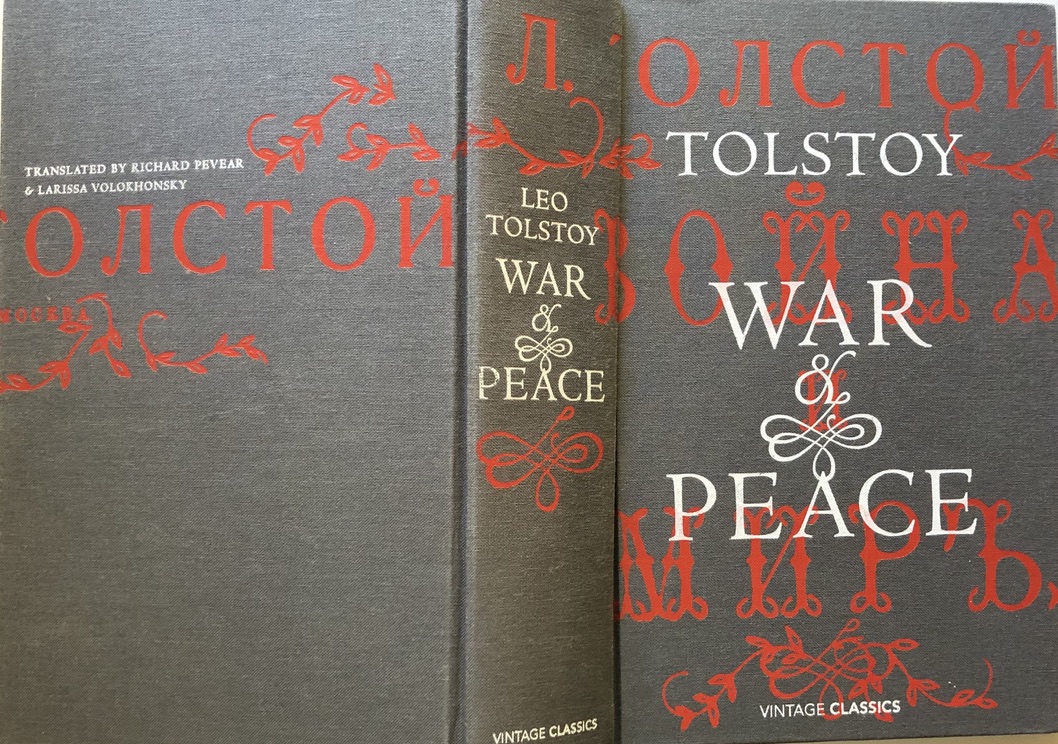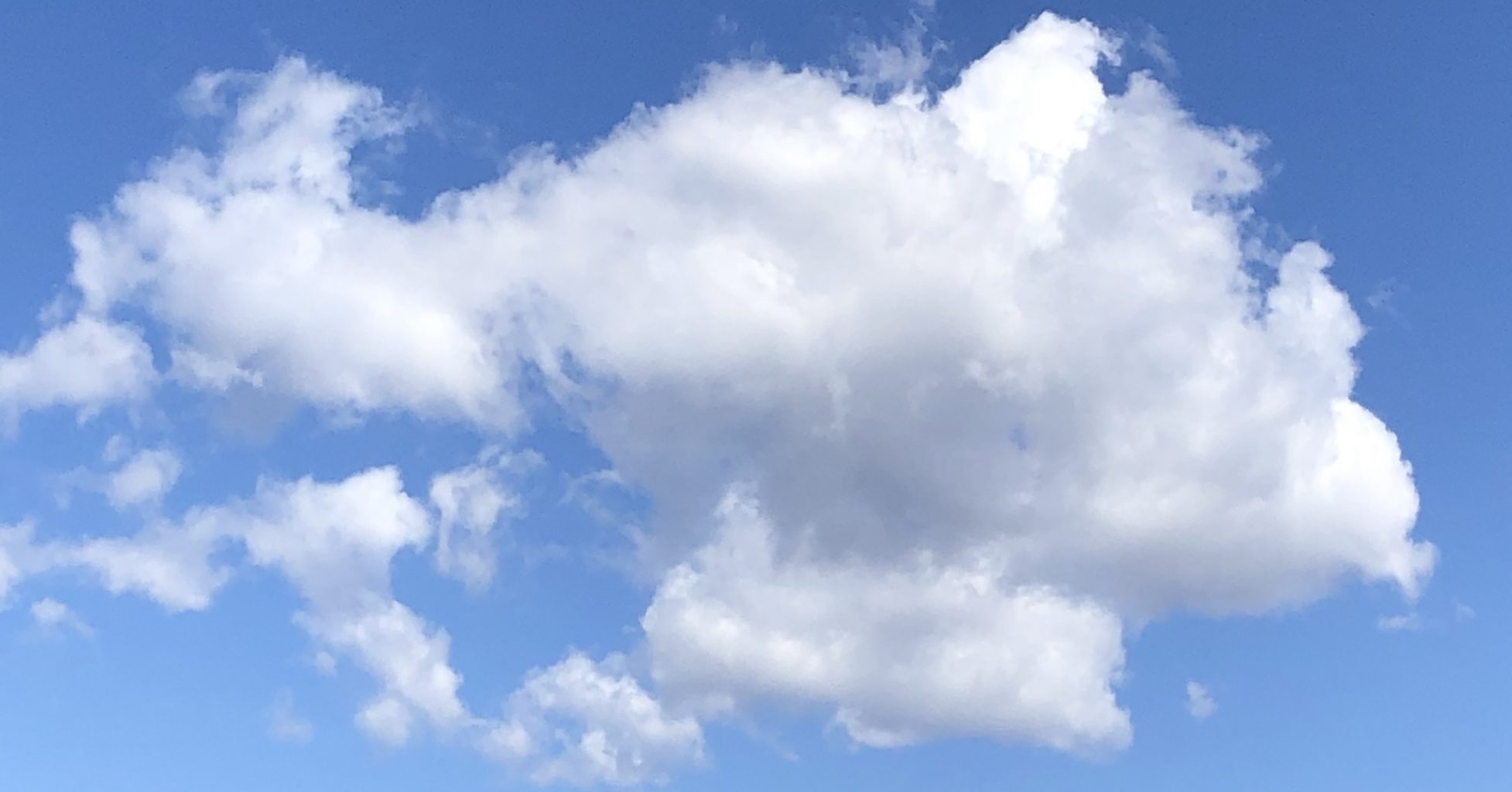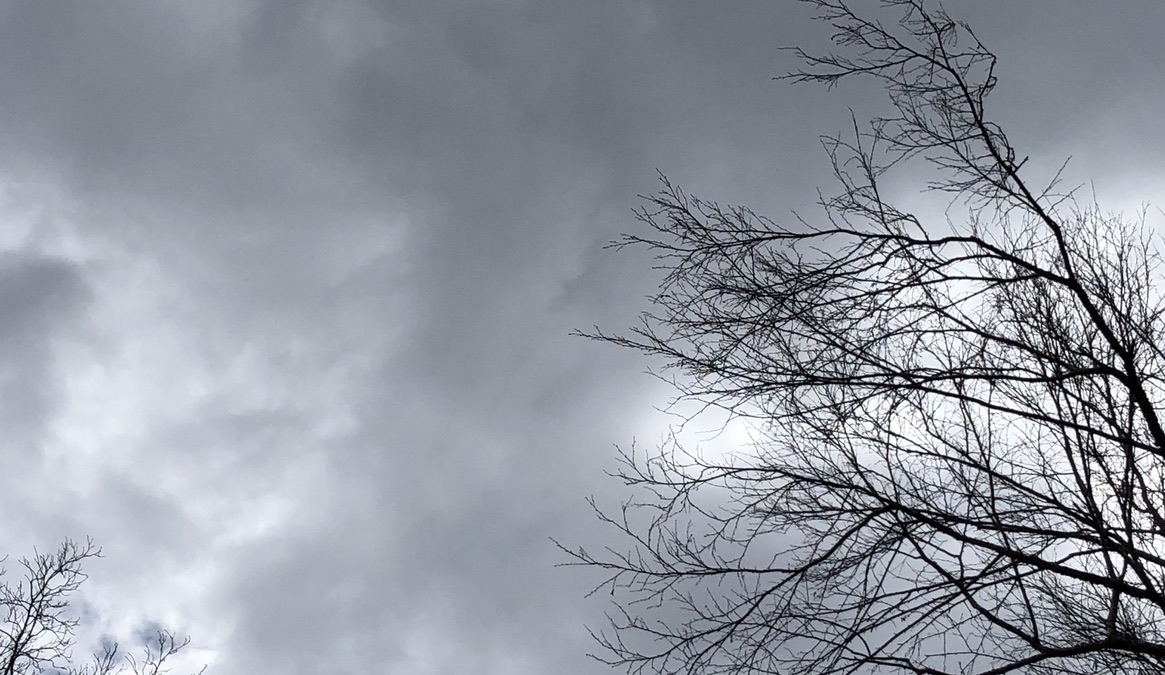Sonnets on a bookstore’s demise, 1990.
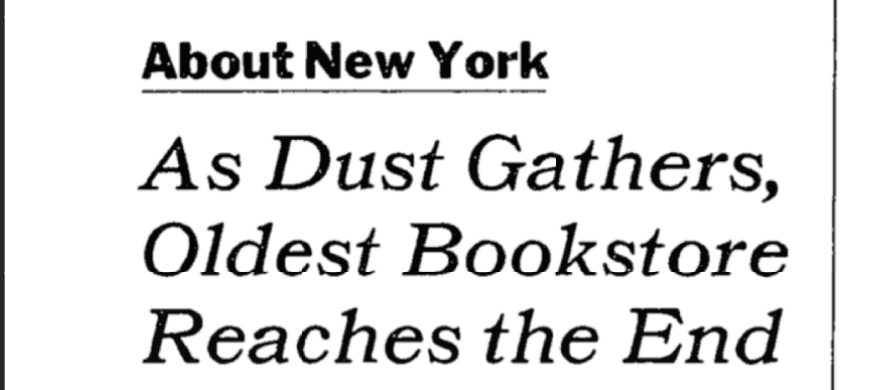
1
Over a shoulder, through the humming cloud,
A newspaper focuses my attention
Upon a quiet headline with its mention
Of City’s Oldest Bookstore, Shutting Down.
Imagining a map, I scour the town
But the damned store eludes my apprehension —
Aloft in our Florida-bound suspension
I wish my fellow passenger would read aloud.
No such luck. The baby squirms as I crane
My neck, hoping to catch a clearer word
From the faint gray column of the Times’s prose.
Then letters squint louder to make it plain
And at once I’m wondering if you’ve heard:
Mendoza’s bookshop is about to close.
2
“Mendoza’s bookshop is about to close,”
I mutter to my wife, my daughter, too,
But silently I speak volumes to you,
Axel’s Castle, A Mass for the Dead, Rose
Macaulay’s Pleasure of Ruins, all those
Bound enthusiasms we would pursue —
Saroyan, Zukofsky, Marshack, Camus —
Through the cryptic cities a reader knows.
Title by title, we worked miles of shelves,
Unearthing our own dusty alphabet
That spelled out, within dim tottering nooks,
Definitions of our unspoken selves
That will murmur meanings till we forget
The hide and seek of the sibylline books.
3
The hide and seek of the sibylline books
Began when old letters enhanced young fate
With prophecies difficult to translate
Into the language that a schoolroom speaks.
Typefaced sirens, disguised as quaint antiques,
Seduced us to their paged estate
Where knowing sentences would conjugate
The moods and tenses of our urgent looks.
Such voices lured us to our first bookcase.
The large, low volumes within childish reach
Led us down alleys alert with spines
To intuition’s spellbound hiding-place:
There unfathomed scripture could start to teach
Before a mind learned to linger between the lines.
4
Before a mind learned to linger between the lines
In love with each sentence’s warp and woof,
Naked intelligence remained aloof
From the deep weavings of a text’s confines.
Worn cloth covers bore talismanic signs
That spoke to starlight through the homebound roof
Which sheltered thought, demanding proof
Of the powers conjured by a book’s designs.
To acolytes serving the will of words
Every book possessed is an oracle:
We swallowed whole bodies of arcane lore
To read the dense entrails of printed birds
Where the guts of life were grammatical,
Encoded in black-and-white metaphor.
5
Encoded in black-and-white metaphor,
Conversation surfaced as best it could;
In Isaac Mendoza’s the talk was good.
The titles’ potential in semaphore
Flashed between us through the word-weary store
While a gas flame fluttered in its brass hood
To warm the close, asphyxiant mood
Poets indulge in, but Muses abhor.
In the bookshop’s mind-webbed, graying air
We sought correlatives to our desire
To find a voice within our intellects,
Shaping a language to be kept with care
On the many pages it might inspire
When we rose from among the analects.
6
When we rose from among the analects
We’d wordlessly study, with restless eyes,
One another’s ration of bound supplies
Exchanging in glances our best respects
Toward the strange interests a friend collects
(In which we’d vaguely recognize
The ghost of our own elusive prize:
The heart’s horn book, with which no eye connects).
A memory ago my parents stored
A box of books for a transient friend
Whose life was running out of space and time;
Up in the attic I honored the hoard
With all the attention a boy could spend
Searching lost libraries to find a rhyme.
7
Searching lost libraries to find a rhyme
The heart dispenses with its own regard,
Trying out postures from the avant-garde
Three parts ridiculous to one sublime.
The books that once scripted our pantomime,
Asleep in their jackets, paper and hard,
Now taunt us, old habits we can’t discard
As we career, head last, into our prime.
I pick up a book and fondle its cover;
At my side, a new hunger nurses, mumming
Her mother through infancy’s shroud.
The plane rushes past the place where thoughts hover,
Yet still I reach back for faint verses coming
Over a shoulder, through the humming cloud.
